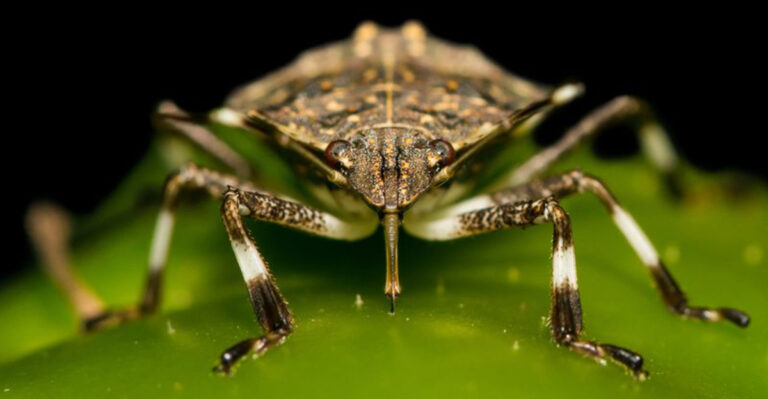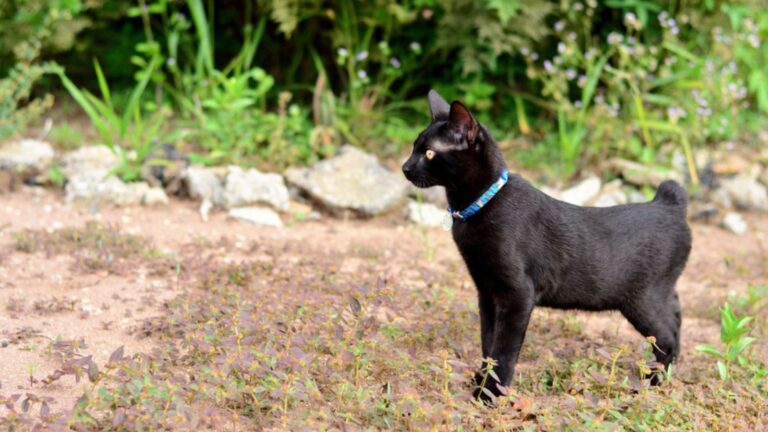Pacu Fish: The Piranha Cousin With Human-Like Teeth
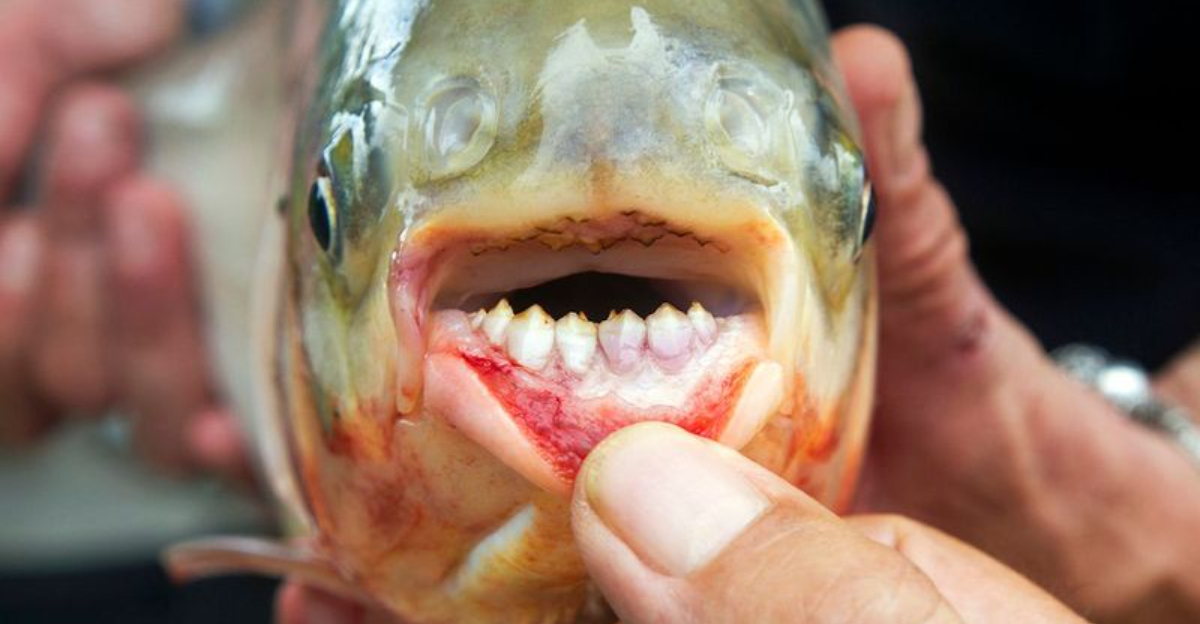
Ever seen a fish with a smile that looks eerily human? Meet the pacu fish, a relative of the infamous piranha that sports a set of teeth remarkably similar to our own.
These freshwater creatures from South America have become famous online for their uncanny chompers that seem ready for a dental commercial.
Beyond their bizarre smile, these fish have some fascinating qualities that make them one of the oddest swimmers in the animal kingdom.
1. Freaky Family Resemblance
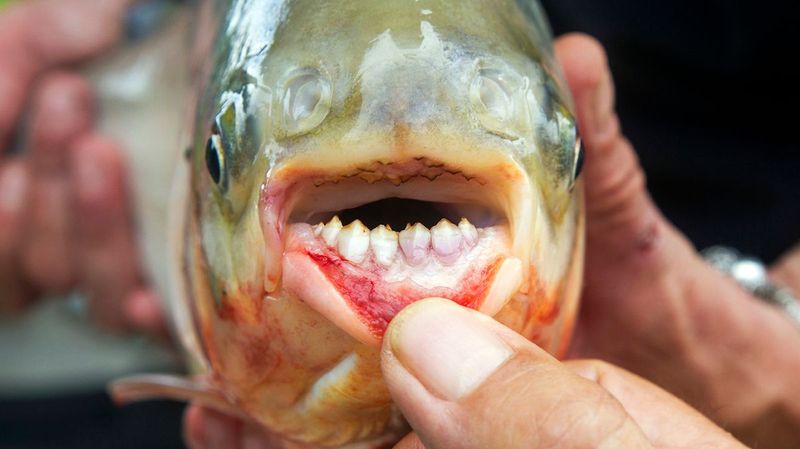
Despite their intimidating piranha cousins, pacu fish are mostly peaceful plant-eaters. They belong to the Serrasalmidae family, sharing DNA with their more aggressive relatives but choosing a gentler lifestyle.
Think of them as the laid-back vegetarian at a family reunion full of meat-lovers!
2. Those Unforgettable Chompers
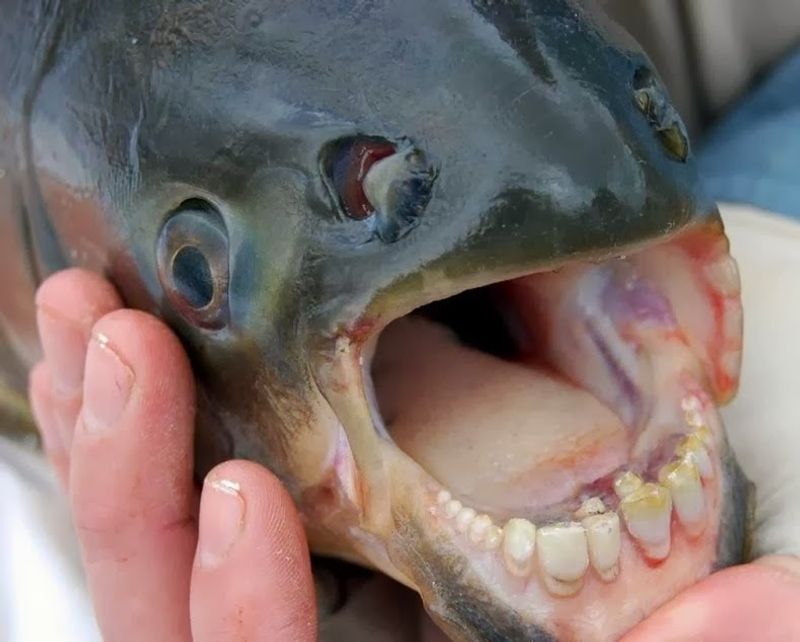
Unlike piranha’s pointy teeth, pacu have square, molar-like teeth arranged in rows that look disturbingly human. These teeth aren’t for tearing flesh but for crushing nuts, seeds, and fruits that fall into the water.
Their dental structure is perfectly adapted for their plant-based diet.
3. Nutcracker Champions

Those powerful jaws aren’t just for show! Pacu fish can crack open tough nuts and seeds that fall from riverside trees into the water. Their crushing power is impressive enough to handle Brazil nuts, which have extremely hard shells.
Local fishermen sometimes use nuts as bait specifically because pacus find them irresistible.
4. Giants Of The Amazon
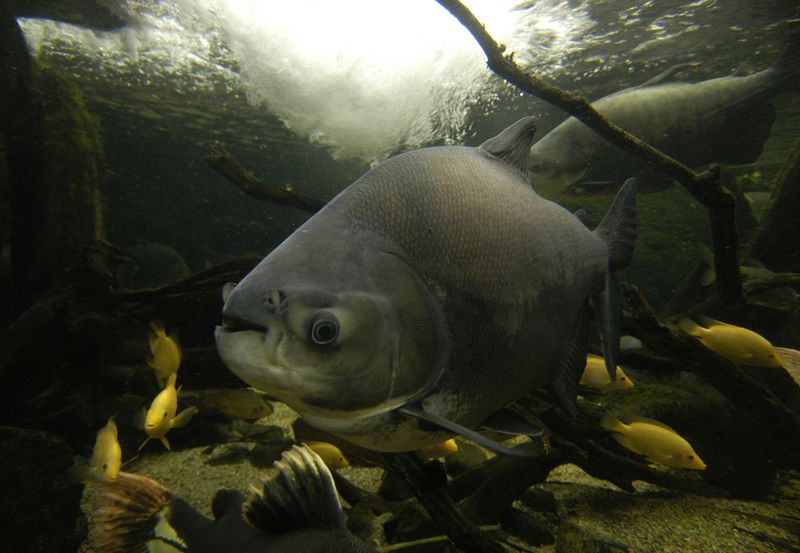
While many people keep small pacus in home aquariums, these fish can grow enormous in the wild! Some species reach over 3 feet long and weigh up to 88 pounds.
Imagine a fish the size of a small child with human-like teeth swimming beneath your boat. That’s the reality in some South American waters!
5. Mistaken Identity Issues
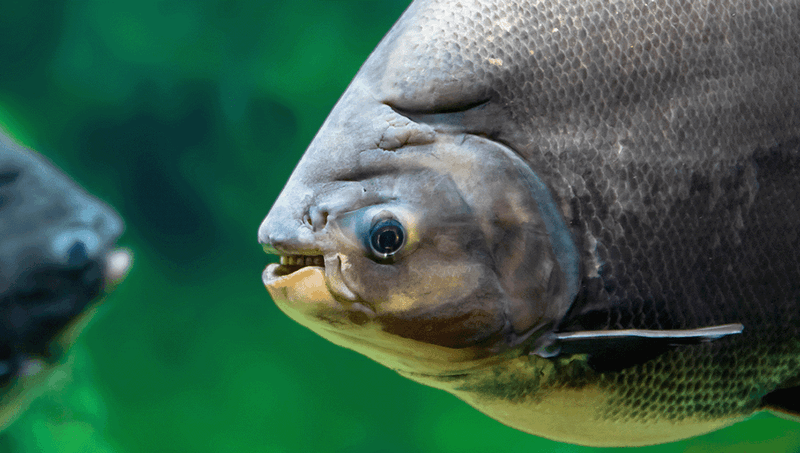
Pacu fish often get bad press when people mistake them for piranhas. Their similar body shape leads to confusion, but their teeth are the giveaway – piranhas have sharp, triangular teeth while pacus have those distinctive flat molars.
This case of mistaken identity has caused unnecessary fear about these mostly harmless vegetarians.
6. Controversial Nicknames
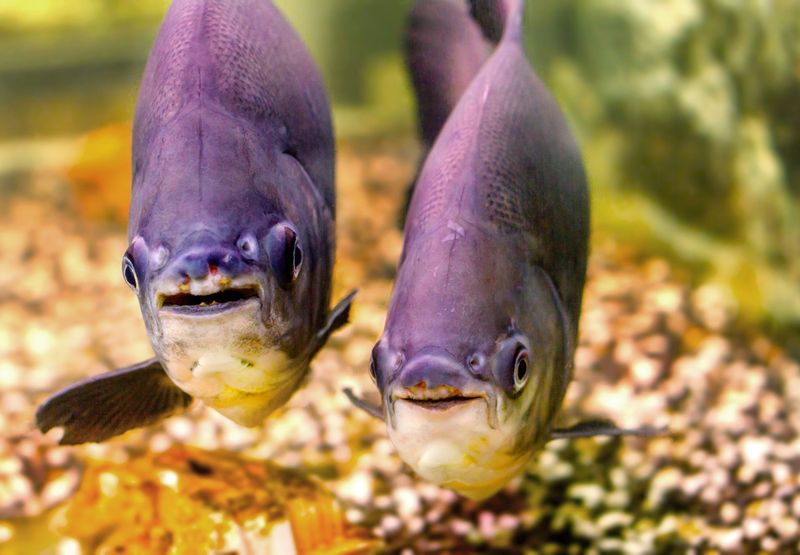
Thanks to their unusual teeth and occasional reports of them nipping at swimmers, pacu fish have earned some colorful nicknames in certain regions. One particularly crude nickname references male anatomy due to misunderstandings about their feeding habits.
Scientists constantly work to correct these misconceptions about the mostly peaceful fish.
7. Popular Aquarium Pets
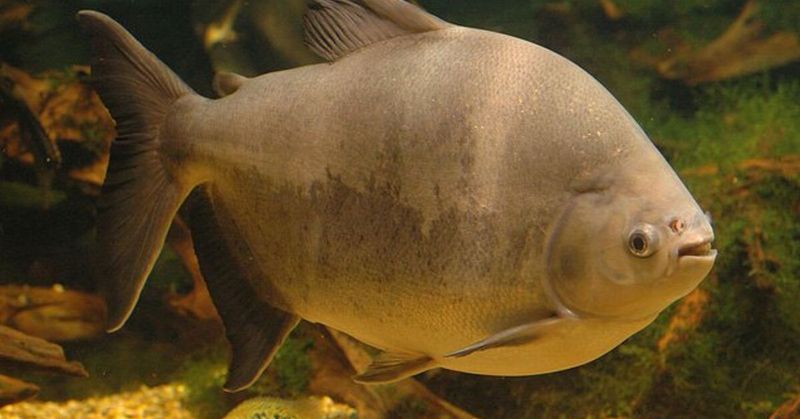
Baby pacu fish are commonly sold in pet stores as cute, small additions to home aquariums. What many owners don’t realize is how massive these fish will eventually become!
This growth often leads to abandoned pets when they outgrow their tanks, creating problems when irresponsible owners release them into local waterways.
8. Invasive Species Alert
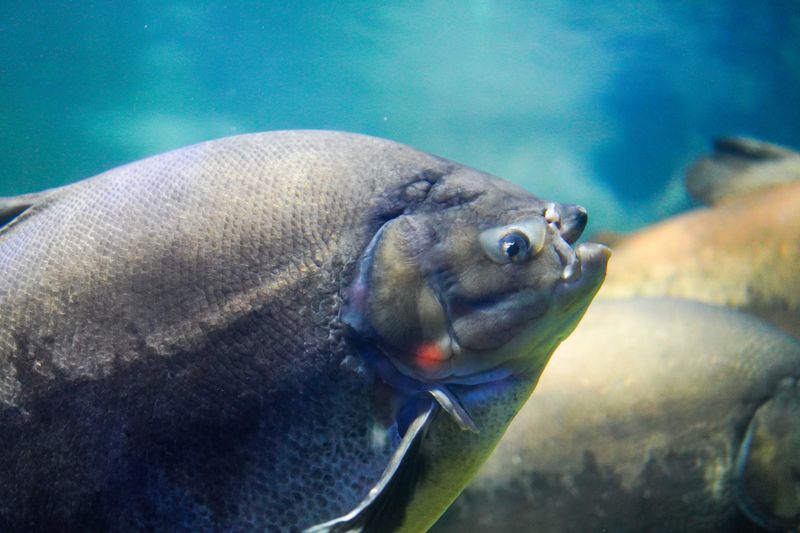
When pet owners can’t handle their giant pacu anymore, some release them into local lakes and rivers. This has led to pacu populations appearing in unexpected places from Texas to Papua New Guinea!
These tough survivors can adapt to new environments, potentially disrupting local ecosystems with their voracious plant-eating habits.
9. Dinner Plate Potential
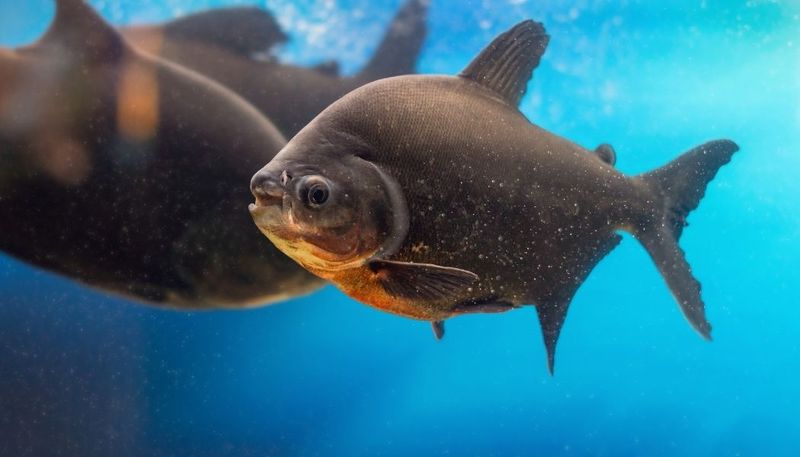
In their native regions, pacu fish aren’t just weird-looking curiosities – they’re dinner! Their white, flaky meat is considered delicious and is an important food source for many Amazonian communities.
The fish are often grilled or included in fish stews, providing valuable protein in local diets.
10. Surprising Swimming Skills
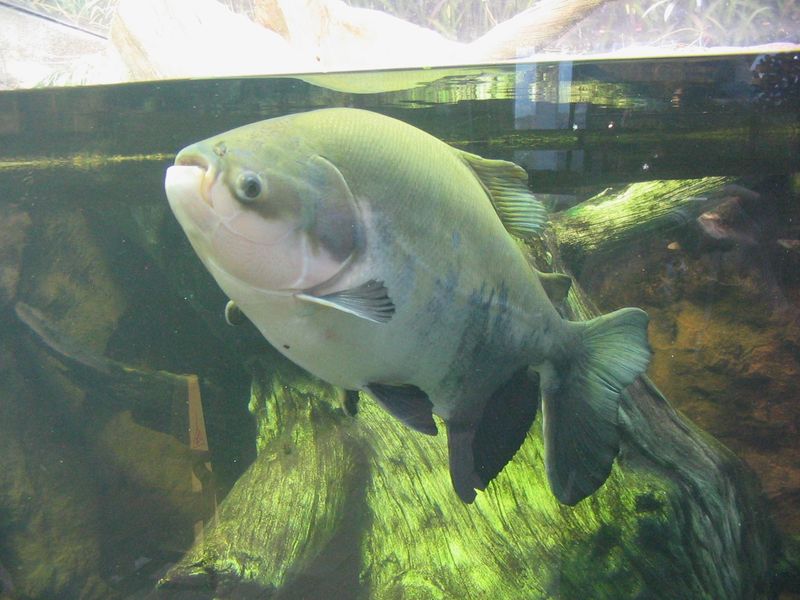
Despite their bulky appearance, pacu fish are remarkably agile swimmers. Their powerful tails and streamlined bodies allow them to navigate the complex currents of river systems with ease.
They can also make impressive leaps out of water when needed – a skill that helps them reach fruits hanging low over the water.
11. Impressive Lifespan
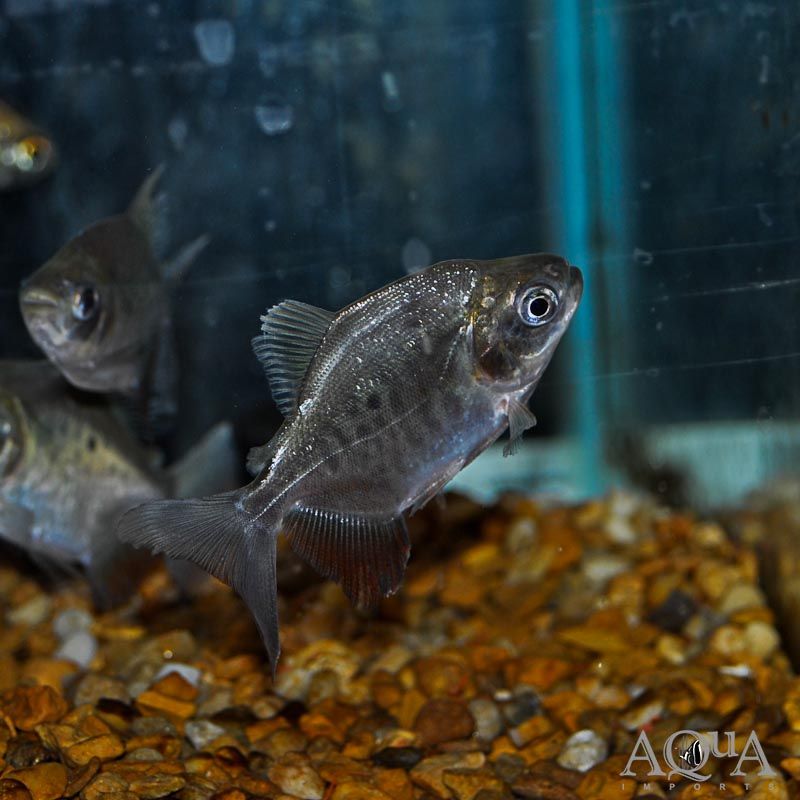
With proper care, pacu fish can live surprisingly long lives. In captivity, they frequently reach 15-20 years of age, making them a serious long-term commitment for fish keepers.
Their longevity contributes to the problem of owners becoming overwhelmed by these ever-growing, decades-long pets.
12. Climate Change Adaptors
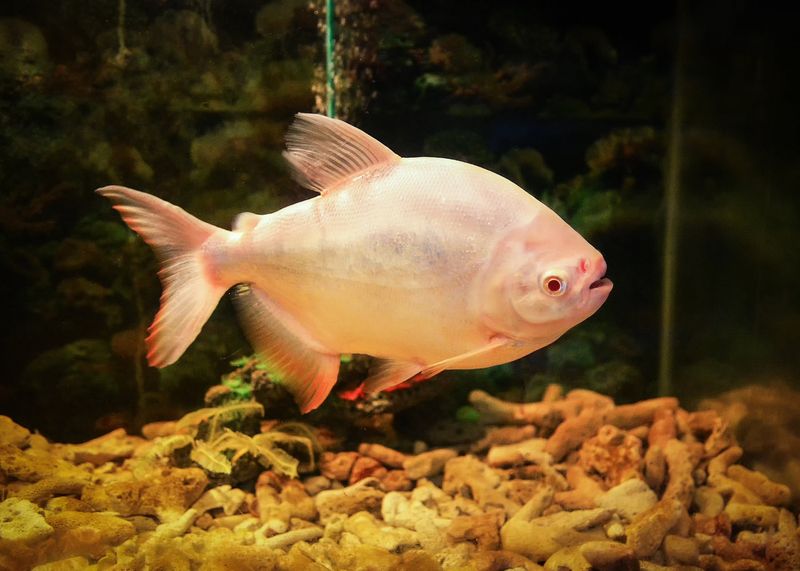
Scientists study pacu fish for their remarkable ability to adapt to changing water conditions. As climate change affects Amazon water temperatures and oxygen levels, pacus show resilience where other species struggle.
Their adaptability might help them survive environmental changes that threaten more sensitive fish species.

